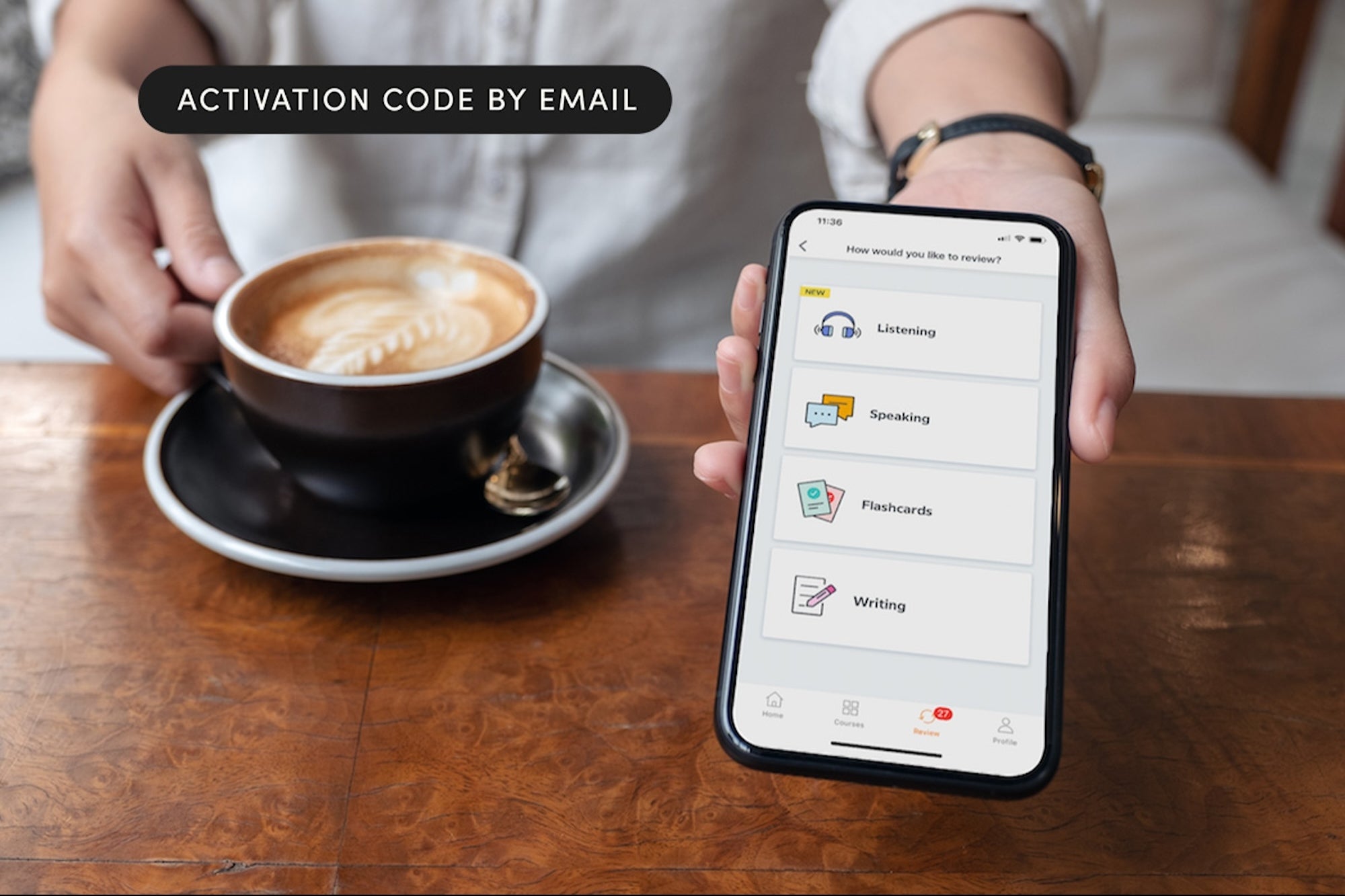Seriously, It's Really Time to Upgrade From Windows XP If you're still using Microsoft's old operating system after it ceases support, you'll be more vulnerable to viruses, hacks and other issues.
Opinions expressed by Entrepreneur contributors are their own.

Support for Windows XP is ending on April 8. The latest statistics say that 60 percent of U.S. companies will not have completed their migration before the April 8 deadline. Here's why you can't afford to hang on to XP any longer:
You're leaving the door open. This is the main reason why you need to upgrade, and the security risk in refusing to upgrade is significant. Staying on XP is like trying to secure your house by leaving your front door open and putting a rusty, smashed up padlock on it. It's not going to work.
"End of life" means that the operating system will be unsupported. An unsupported operating system is the equivalent of a broken operating system; there will be no patches available and no security updates, so when things start to go wrong they will be fixes.
Related: Which Age Group Is Most Likely to Be Hacked?
For example, if you get a virus that exploits a flaw in the system, there will be no way to clean it up. In a business environment it could result in infecting your entire network. You risk downtime, loss of data or compromising confidential data.
Microsoft has recently announced that updates for anti-malware software, Microsoft Security Essentials, will be available until 2015, but this is a consumer product and only relevant to home users. It'll be providing updates for a select few enterprise products, but plenty of businesses do not use these.
Microsoft XP is already not as secure as Windows 7 (see this Security Intelligence Report that demonstrates that when exposed to a similar amount of potential threats, XP has double the infection rate of Windows 7) because it's so old. A lot of IT experts and outlets have also been talking about the threat of a surge in malware to coincide with XP's end of life. Hackers know when end of life is happening and could well take advantage of the millions of unsecure operating systems by designing malware to prey on the vulnerabilities of the now defenseless OS.
You might not be able to see the problems with XP immediately when support ends -- nothing will radically change the day after its end of life -- but in time it will be harder and harder to protect the system.
Related: 5 No-Brainer Tips to Avoid Getting Hacked
You might risk breaking compliance regulations. A massive issue for businesses that doesn't really affect the home user is the issue of compliance. A lot of companies will have to meet certain regulations when it comes to what IT systems they use, especially when storing sensitive data. It's pretty safe to say that using an OS which is officially unsupported will be an absolute no-no.
It's unsustainable. If you don't upgrade now you will have to at some point. XP is more than 10 years old. Think about how fast technology is developing at the moment, a 10-year-old operating system is just not going to keep up. Applications and software will not be built to be compatible with an operating system that is not only legacy, but also officially unsupported.
PC World calls on the example of USB 3.0. The devices will work with Windows XP -- they can go into compatibility mode and, in essence, revert to a USB 2.0. In compatibility mode they will work as slowly as a USB 2.0, missing all the advantages the new technology offers (essentially speed). So your colleague using a USB 3.0 device will be able to work faster than you.
It's also unsustainable in the sense that if there is a breach of your network the only real solution will be to upgrade. If you do it before end of life, or at least get the wheels in motion, you have the chance to prevent the compromise that would have encouraged you to upgrade at a later date.
Keeping your IT systems and security up to date should already be built into the way you run your business; it's absolutely crucial to day-to-day operations. Upgrading now gives you the opportunity to future-proof your IT systems.
Related: Microsoft Takes to the Front Lines in the War on Cybercrime












